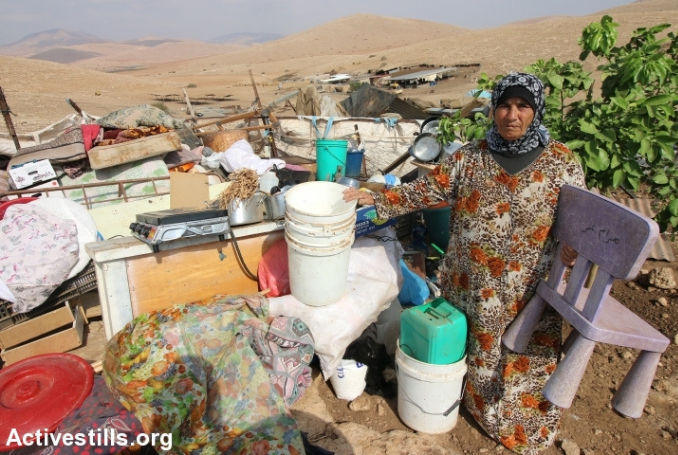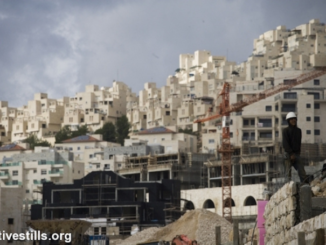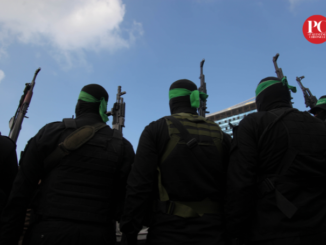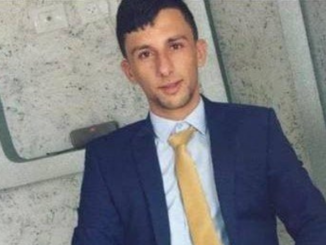
A sharp rise in demolitions in the West Bank has endangered Palestinians’ access to water, UNICEF and water sanitation charity WASH revealed in a new report on Monday, adding that it highlighted the dire human rights issues in the region.
Palestinian Bedouins living in Masafer Yatta are increasingly struggling with access to basic necessities after Israel designated it a “restricted military area”, alleging it was uninhabited.
The demolition of #KhirbetHumsah is yet another example of Israel's de facto annexation of Palestinian land in the West Bank. Demolitions are used to forcibly transfer Palestinians from their land, which is then built on by Israeli settlements.#ApartheidIsrael #BDS#BoycottJCB pic.twitter.com/GEP6A4bb5J
— @DublinActivist Palestine (@dublinactivist) February 15, 2021
However, critics and human rights activists have condemned Israel’s decision as nothing more than an excuse to get rid of the 1,000 Palestinians living there.
Israel controls more than 85 percent of water resources in the West Bank and randomly shutting off the supply, human rights activists said, is just one way it seeks to displace and restrict the lives of Palestinians.
In Area C, representing 60 percent of the West Bank, communities depend on Israel’s planning system, however, the application process for a construction permit has an extremely low success rate.
“These restrictive and potentially discriminatory planning policies, as described by the UN Secretary-General, deny communities access to affordable and safe water, including drinking and domestic water, and water for basic hygiene and sanitation facilities, including toilets, sewage networks, and cisterns,” said WASH.
Israeli military jeeps drive over Palestinian farmland in Masafer Yatta during large-scale drills [pretext], trashing vital crops & water cisterns https://t.co/XPk68hWl3p
— Sarah Wilkinson (@swilkinsonbc) February 4, 2021
“This lack of access to water also prevents herders and pastoralists who are living in these areas from maintaining their livelihood assets.
“Currently, 178,000 people living in Area C are identified as vulnerable due to the lack of access to water, sanitation and hygiene.”
The Bedouin residents of Masafer Yatta, who live across 12 isolated hamlets including Khirbet Al-Majaz, were first kicked out in 1999.
The following year, the Association for Civil Rights in Israel helped some 200 families challenge their expulsion in court. They secured a temporary reprieve that remains in force, which allowed the Palestinians to stay on the land until a final resolution of the case.
Israel’s High Court is set to make a final ruling in the coming months.
(The New Arab, PC, Social Media)








